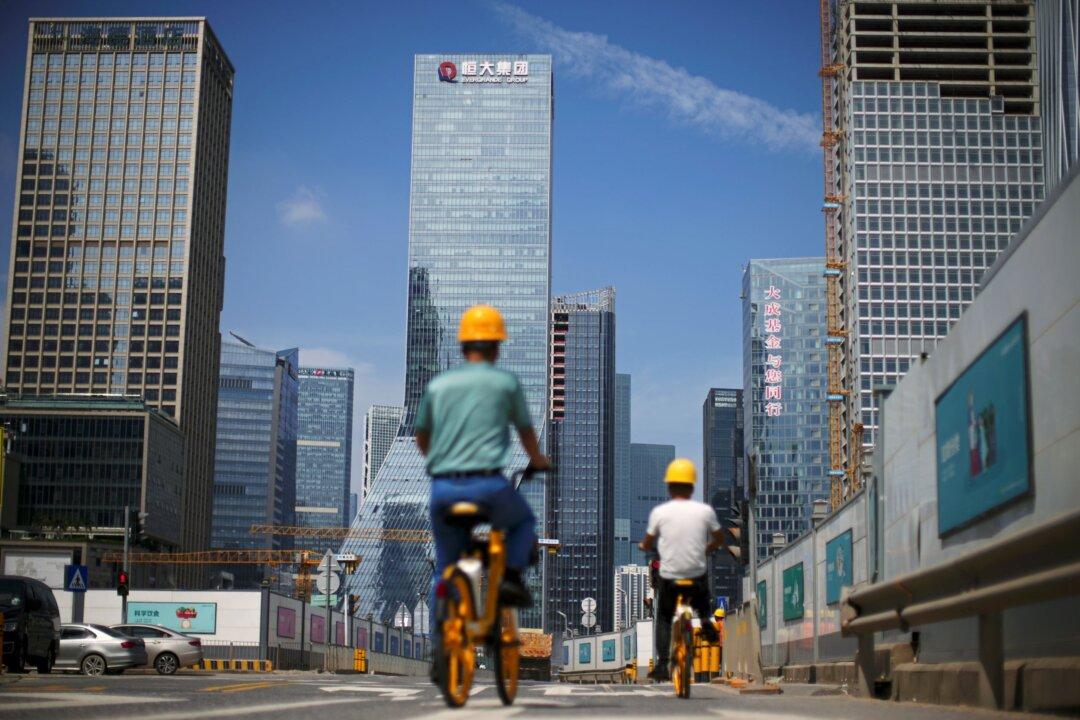Commentary
China’s “economic miracle” looks poised to be in the rearview mirror, as Party leaders appear to be preparing the country for a period of slowing growth going forward.

China’s “economic miracle” looks poised to be in the rearview mirror, as Party leaders appear to be preparing the country for a period of slowing growth going forward.